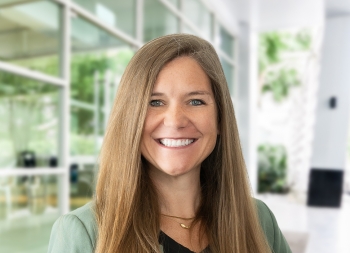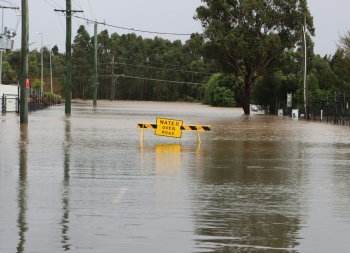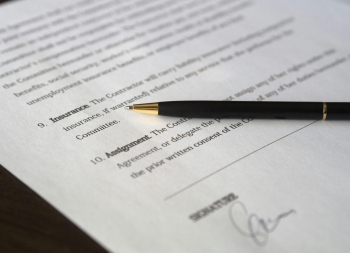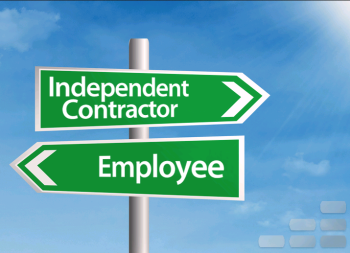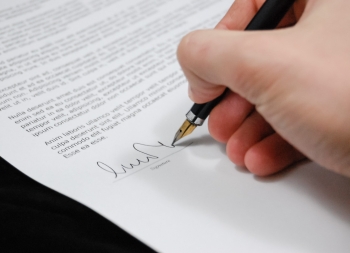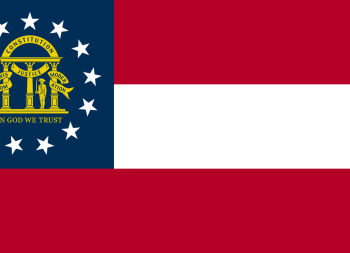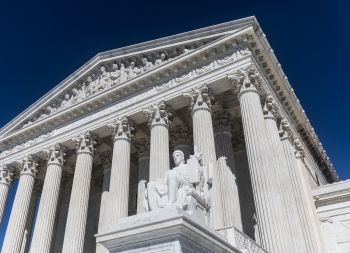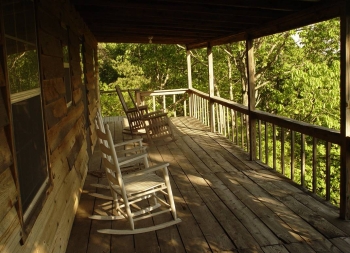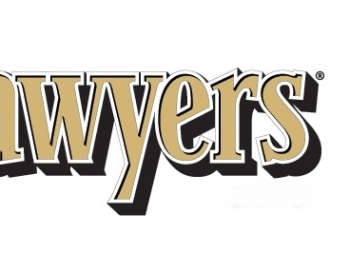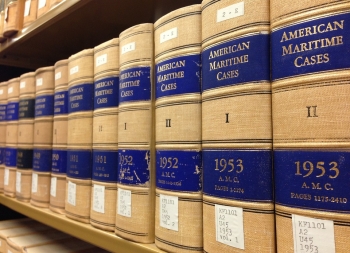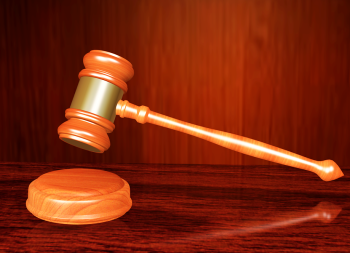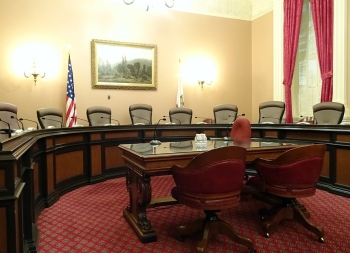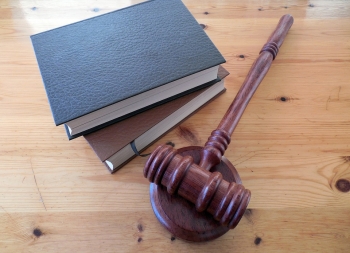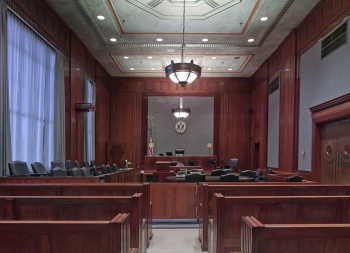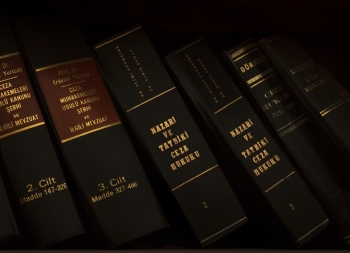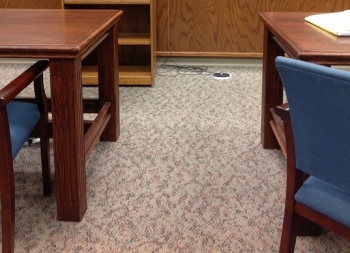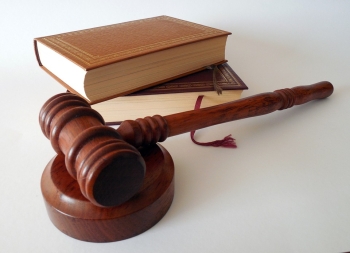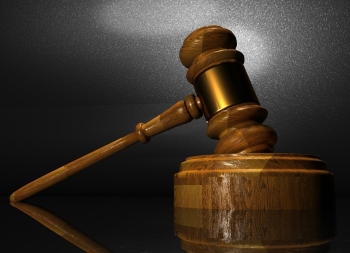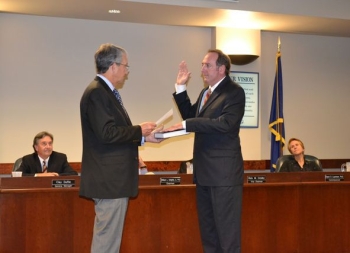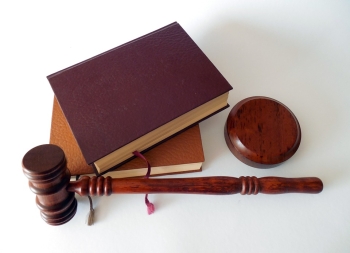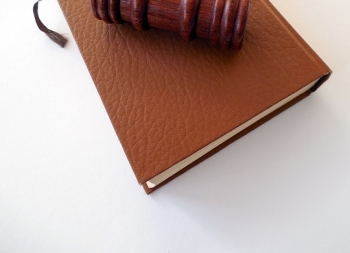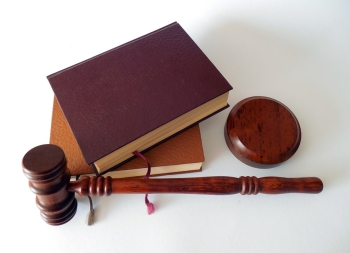Hurricane Season in South Carolina: Decoding Your Homeowners’ Insurance for Wind, Flood, and Deductibles
As the summer winds down in South Carolina, hurricane season is just getting started. With it comes the threat of severe weather and the potential for widespread property damage. While you can hope that the season passes quickly without a major storm, that’s not always the case, so it’s important to be prepared for the worst. Insurance policies are designed to provide a sense of security during this unpredictable annual event. As a homeowner, you need a policy that can provide the support you need in case a damaging storm strikes your home.
However, it’s not enough to simply have homeowner’s insurance; you also need to understand the nuances of your policy before a storm hits. Uncertainty and confusion around what your policy covers and what it does not can lead to delays and disputes with your insurance company when you need it the most.
Wind vs. Flood: The Critical Distinction in Your Coverage
One of the most significant sources of confusion when it comes to insurance coverage after a hurricane is the distinction between wind and flood damage. This is a critical difference that can determine whether your claim is covered.
Wind Damage
Most standard homeowners’ insurance policies in South Carolina cover damage caused by wind, including from hurricanes and tornadoes. This coverage typically includes damage to your home as well as personal belongings inside your home.
Flood Damage
Although flooding can be a major problem during and after a hurricane, especially in downtown Charleston, most standard homeowners’ insurance policies do not cover flood damage or claims resulting from rising water. So this means that if water enters your home from the ground up due to heavy rains, a storm surge, or other overflowing bodies of water, your standard policy likely will not cover the damage.
If you want protection against flood damage, you typically need a separate flood insurance policy. This can be obtained through the National Flood Insurance Program (NFIP). So, if your property is in an area prone to flooding, this separate policy is essential. This flood map resource from FEMA can help you determine if your home is in a flood zone.
It’s also important to check your policy for specific terms like “named storm deductibles” or “windstorm deductibles,” which can affect your out-of-pocket expenses.
Understanding Your Deductibles: What to Expect When You File a Claim
Deductibles are the amount of money that you’re responsible for paying out-of-pocket before your insurance coverage kicks in. Most policies include deductible provisions for losses to your dwelling, appurtenant structures like a detached garage, unscheduled personal property, and additional living expenses. Your deductible type and amount can vary depending on which insurance company you work with.
To better understand what items are covered by policies, generally, it’s helpful to know the difference between scheduled and unscheduled personal property. Scheduled personal property is your high-value items that are specifically itemized on your homeowners’ insurance policy. These can include jewelry, art, and other expensive items. On the other hand, unscheduled personal property is the items in your house that are covered by your policy but not specifically listed. These can include furniture, clothing, electronics, and other everyday items.
The amount of your deductible will vary based on your policy and the company you work with. Some insurance companies offer optional deductibles specifically for wind or hail losses, which can be higher, but may result in a reduced premium.
Your premium is the regular payment you make to your insurance company to maintain coverage. These can be paid on a monthly, quarterly, biannual, or annual basis, depending on your plan. If you have a mortgage on your home, the annual premium is generally paid by the mortgage company from funds collected with your monthly mortgage payment and held in escrow by the mortgage company.
If your insurance lapses or you fail to purchase or renew your policies, but have a mortgage on your home, the mortgage company may purchase “forced insurance,” also known as “forced-placed insurance” or “lender insurance,” and will add the premiums to your monthly mortgage payments. The forced insurance is much more expensive than what you can purchase on the open market, and it usually only protects the lender’s interest in the property. Important coverages that protect the borrower, such as personal property coverage, liability coverage for injuries or damages to others, and flood insurance (unless separately placed by the lender), are often excluded from force-placed policies, are generally not provided by forced insurance.
Beyond the Deductible: Understanding Additional Living Expenses (ALE) Coverage
When a storm or hurricane renders your South Carolina home uninhabitable, your homeowners’ insurance policy may offer a critical lifeline: Additional Living Expenses (ALE) coverage. Often referred to as “loss of use” coverage, this provision is designed to cover the increased costs you incur to maintain your household’s normal standard of living while your home is being repaired or rebuilt. It’s important to remember that ALE is not intended for financial gain or luxury upgrades, but rather to cover the difference between your normal living expenses and the higher costs faced while displaced.
ALE coverage can encompass a variety of necessary expenses that exceed your typical costs, including temporary housing (a hotel or leasing a comparable home), increased food expenses, pet boarding, increased utility costs, and extra transportation. However, it does not cover your normal living expenses, such as mortgage payments or property taxes.
ALE coverage is activated when a covered loss makes your home “not fit to live in,” which can include a lack of fundamental services (water, electricity) or significant disruption from repairs. The damage must be caused by a peril covered by your policy, such as wind from a hurricane.
This coverage is subject to limits, typically a maximum dollar amount (often a percentage of your dwelling coverage) and/or a specific timeframe (e.g., 12-24 months). Disputes typically arise over the “shortest time required” clause, as insurers’ repair timelines may not align with delays in construction resulting from a widespread storm or other natural disaster.
South Carolina’s Catastrophe Savings Accounts
Because hurricane season can be so devastating in South Carolina, the state offers a Catastrophe Savings Account for homeowners. These accounts allow you to save money specifically for insurance deductibles and other risks resulting from catastrophic windstorm events, including hurricanes and floods. The contributions you make to your account can be deducted from your South Carolina taxable income, and any interest earned is exempt from state income tax. It’s important to understand your insurance policy and how to use it, but it’s also to plan for any deductibles and other expenses that can help you recover from any catastrophic weather-related event.
Proactive Steps: Preparing Your Claim Before the Storm
While you may have a robust homeowners’ insurance policy in place to guard against the impact of hurricanes and storms, you need to make sure you are prepared to use it effectively in the event of storm damage. Insurance disputes are all too common for homeowners who do not have a good understanding of their policy and are not prepared to fight for the coverage they pay for.
The best defense against insurance disputes is proactive preparation, so at the beginning of hurricane season, you should:
- Review Your Policy: Don’t wait until a storm is on the horizon. Pull out your policy documents and thoroughly understand what’s covered, what’s excluded, and what your deductibles are. If anything is unclear, contact your insurance agent for clarification.
- Create a Home Inventory: Make a detailed list of all your personal property, ideally with photos or videos. This inventory is vital for proving losses later. Store it in a secure, off-site location, such as a cloud service or a safety deposit box.
- Document Your Property’s Current Condition: Take photos or videos of your home’s exterior and interior before any damage occurs. This provides a baseline for comparison if you need to file a claim.
After the Storm: Initial Steps for a Smooth Claim (and What to Watch For)
So, now that you’re prepared for a storm, what do you do after one hits and causes major damage? It’s important to know exactly what to do if a hurricane comes through and damages your property.
Here’s a simple checklist to follow to ensure that you stay safe, protect your property, and receive the proper support from your insurance policy.
- Safety First: Prioritize your safety and wait for state or local authorities to confirm it’s safe to re-enter your home.
- Prevent Further Damage: Take immediate steps to prevent additional damage, such as covering broken windows with plywood or tarping a damaged roof. Crucially, keep all receipts for these emergency repairs. Avoid making permanent repairs before talking with your insurance company, as they may not pay for unauthorized work.
- Prompt Notification: Contact your insurance company as soon as it’s safe to do so to initiate the claims process.
- Document Everything: Maintain meticulous records of all communications with your insurance company. This includes dates, times, names of representatives you speak with, and summaries of conversations. Send all important communications in writing and save copies.
- Watch for Warning Signs of Bad Faith: While most insurers handle claims fairly, some may resort to bad faith tactics. Be vigilant for unreasonable delays in processing your claim, lowball settlement offers that drastically undervalue your damages, or outright denials without a clear, valid reason.
Despite Your Best Preparation, Problems Can Still Arise
Even with thorough preparation and a clear understanding of your policy, the claims process doesn’t always go smoothly. Unfortunately, some homeowners find themselves facing unexpected challenges with their insurance companies after filing legitimate claims. While most insurers handle hurricane claims appropriately, others may employ tactics that leave policyholders feeling frustrated and undercompensated for their losses. If you’ve followed all the right steps but still encounter unreasonable resistance from your insurer, it may be time to consider additional options to protect your interests.
When to Seek Legal Guidance
In South Carolina, every insurance policy includes an implied covenant of good faith and fair dealing. If your insurance company fails to uphold this duty by acting unfairly or unreasonably, it could constitute bad faith, opening them up to a lawsuit.
Fighting an insurance company can feel overwhelming, especially when you’re already dealing with the aftermath of a hurricane. An experienced bad faith insurance attorney can help you navigate insurance claim denials.
While insurance companies tend to have the upper hand because of their knowledge and resources, hiring an attorney can help you navigate negotiations and ensure your rights are protected throughout the process.
Your bad faith insurance attorney will conduct a thorough investigation, gather additional evidence, and develop a strategic approach to pursue maximum compensation. In the event that your insurer acted in bad faith, an attorney can help you recover not only your unpaid insurance benefits, but also additional damages. These can include attorney’s fees, punitive damages, and compensation for emotional distress and other losses.
Don’t let an insurance company’s bad faith tactics add to the devastation of hurricane season. If your homeowners’ insurance claim has been unfairly denied, delayed, or undervalued, you have rights.
South Carolina Bad Faith Insurance Attorneys
Contact Rosen Hagood today for a free consultation. Our experienced South Carolina bad faith insurance attorneys are here to help you fight for the compensation you deserve and hold insurers accountable.




